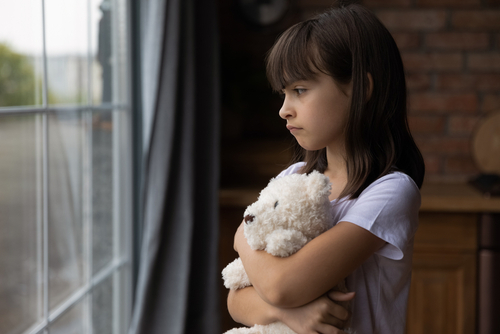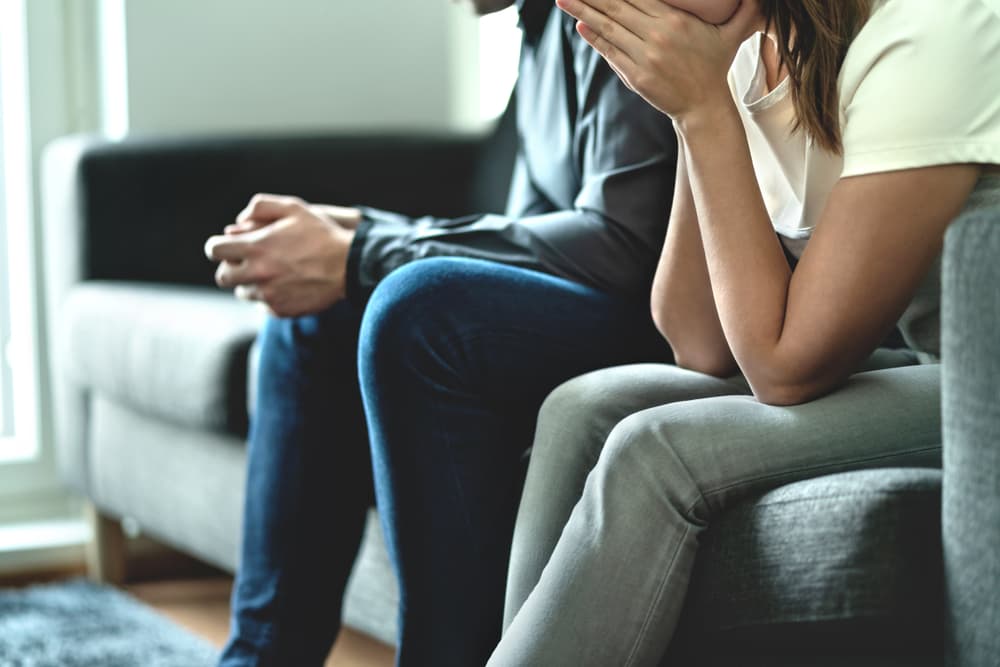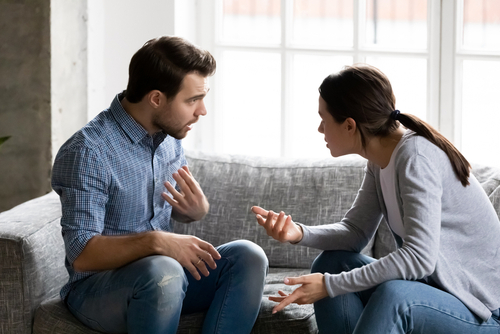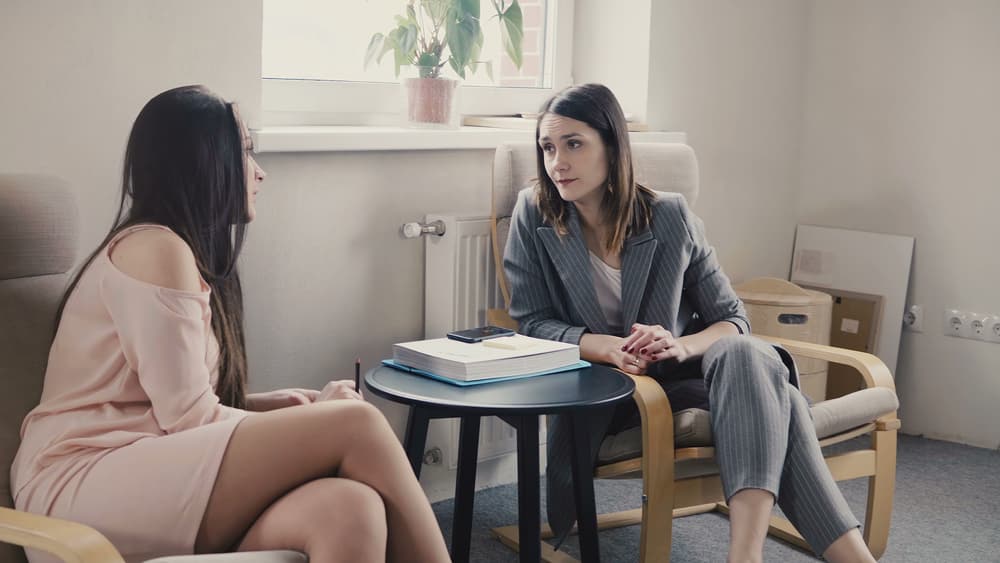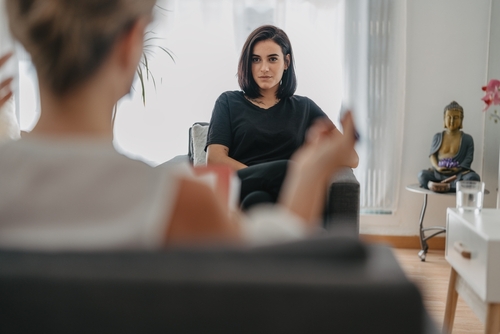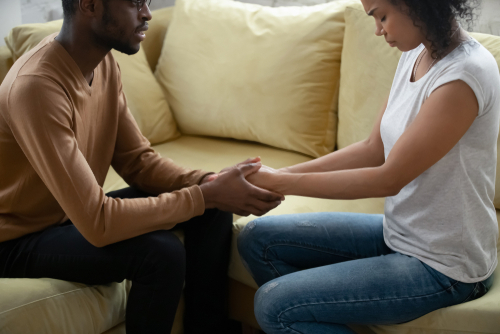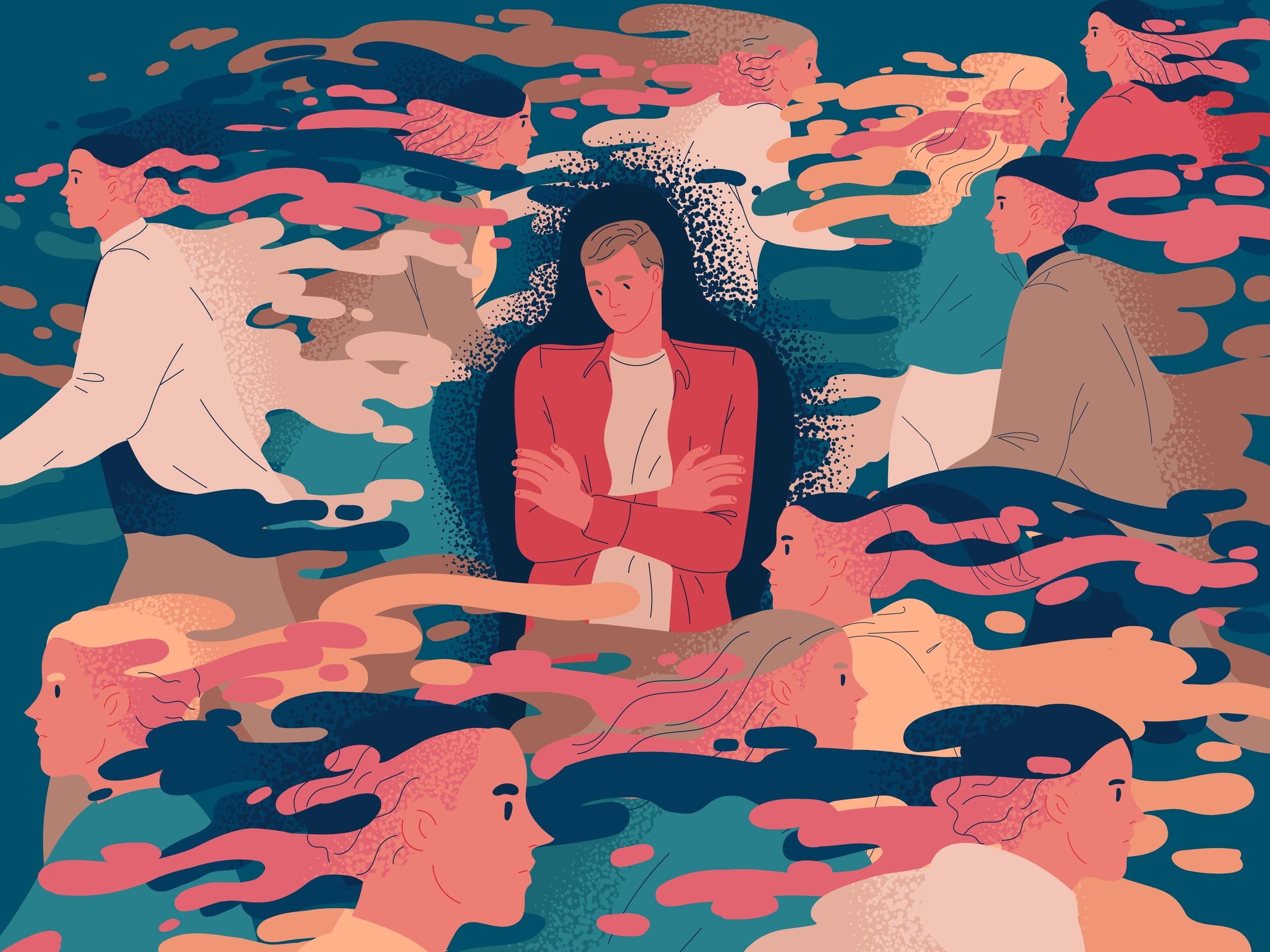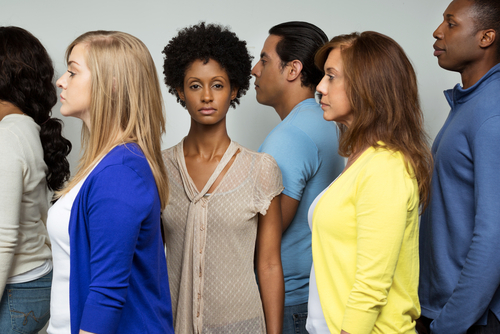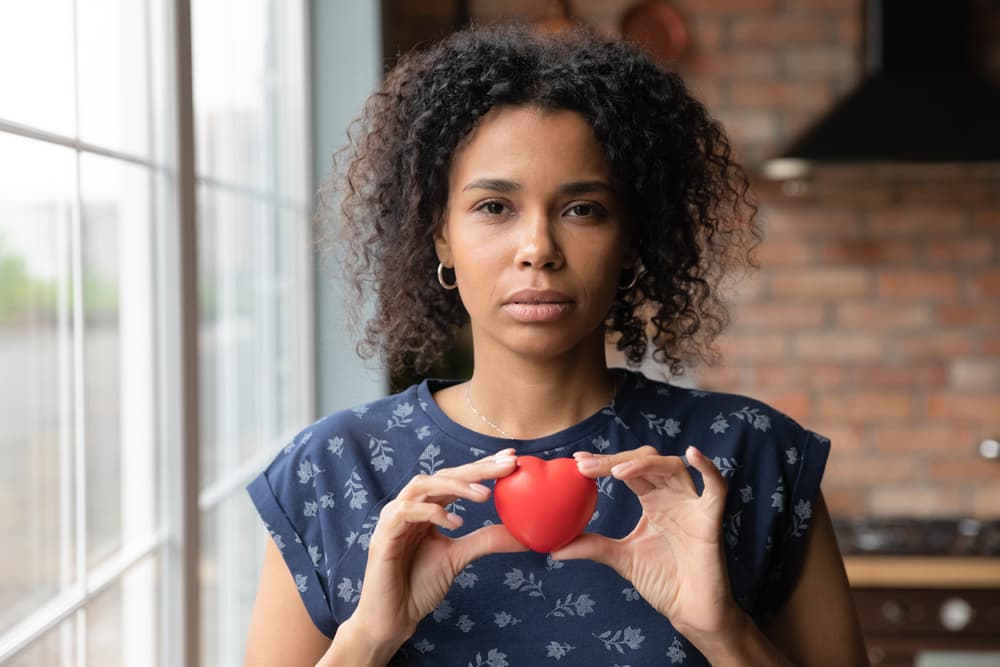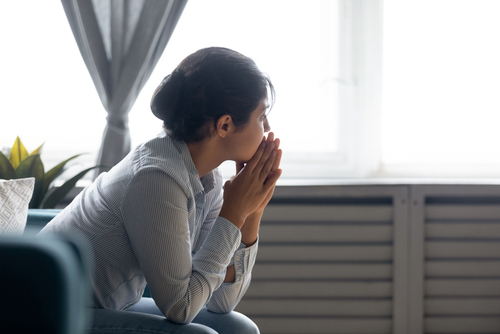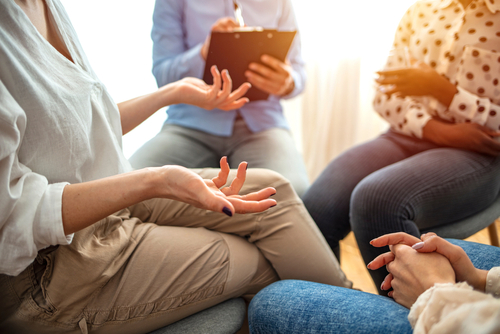Most of us are no strangers to bad romantic relationships. Throughout our lives, we experience a wide range of scenarios that leave us hurt in ways that make it seem like the pain will last forever. Sometimes we’re the ones to make mistakes, take the people who love us for granted and end up hurting our partners badly. Unfortunately, the sad truth is that we can’t govern our emotions or choose who we love and how much; and neither can the person we’re in a relationship with. What we can choose, however, is what we do and how we act and treat one another.
Each painful romantic experience, whether we’re the ones being hurt, or the ones hurting someone who loves us, leaves a mark that influences and shapes our future relationships and our sense of self. In usual circumstances, all these experiences teach us something – how it feels to be hurt, how it feels to be the one causing pain to others, and hopefully, how it feels to push through the bad times and finally move on. Healing from heartbreak, and learning from it, is one of life’s essential skills and, if we’re lucky, one which helps us get better at choosing partners and treating them the way we want to be treated.
Some relationships, however, leave a mark so deep that moving on from the damage they’ve caused seems impossible. Experiencing severe trauma in a romantic relationship creates emotional and psychological distress far more complex than simple heartbreak. Despite not being an officially accepted mental health diagnosis, PTRS, or post-traumatic relationship syndrome, is widely accepted by many experts as a subcategory of PTSD (post-traumatic stress disorder).
What is PTRS, Post-Traumatic Relationships Syndrome?
PTRS results from a traumatic experience of an abusive intimate relationship. As opposed to PTSD, it isn’t caused by a single traumatic incident. Instead, it’s the effect of an entire abusive relationship that can manifest itself after the relationship is over, influencing one’s emotional and psychological well-being and the way they act in subsequent relationships. After the relationship ends, the affected partner may get a new perspective on the relationship and realize that it was, in fact, abusive. As a result, they could start having trouble forming or maintaining new relationships.
In some ways, PTRS is similar to PTSD as it may manifest itself through a set of the same or similar symptoms. However, the main difference is the lack of avoidance behavior as a coping mechanism. People who suffer from PTSD do their best to block out distressing feelings and memories by avoiding triggering situations, places, people, or even objects that would make them relive the traumatic experience. Unfortunately, those suffering from PTRS may do the opposite – repeat the same behavior patterns and place themselves in similar circumstances.
Some become unconsciously drawn to toxic relationships and might continue to repeat the traumatic experience with new partners. One of the reasons for this counterintuitive behavior might be the tendency to blame themselves for the severe trauma they experienced. The feelings of guilt and shame can cause them to isolate themselves even from close friends and family and never turn to them for support, thinking they would be able to understand them.
It’s not uncommon for people suffering from PTRS to keep revisiting the experienced trauma, preventing them from moving on and healing from it. As a result, they might become unable to form safe and healthy relationships with new people or believe they don’t deserve them. In addition, their ability to trust people may become severely damaged, preventing them from trusting not only new romantic partners but family members and friends as well.
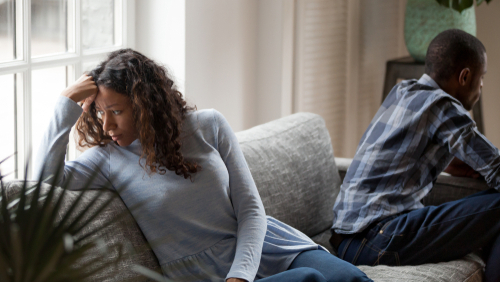
What Are The Causes Of PTRS?
The main cause of PTRS is an abusive intimate relationship. Different types of abuse can happen in a relationship, and some are not as obvious as others. It’s easier to spot the most severe ones, like physical, sexual, or highly aggressive verbal abuse. However, there are also a lot of less noticeable and nuanced behaviors that can severely undermine one’s sense of self-worth and tear down their emotional and psychological well-being. Some of the less obvious causes of PTRS and signs of a toxic relationship can include:
- Harsh criticism
- Insults
- Belittling
- Snide remarks
- Controlling or overly possessive behavior
- Gaslighting
- Emotional abuse and manipulation.
Some of the most common risk factors for PTRS could include:
- A history of abuse or trauma
- Certain types of mental health disorders
- Substance abuse
- Family history of PTSD
- Chronic stress
- Poor coping skills.
What Are The Signs And Symptoms Of PTRS?
The main signs of PTRS are pretty similar to those of PTSD, with intense emotional reactions generally related to social interactions. However, PTRS can be challenging to recognize and diagnose because its symptoms don’t appear immediately after a single isolated traumatic event. Instead, they usually develop and build up gradually, over time, as a sum of all elements of abusive behavior someone was subjected to during the entire relationship.
Affected people may feel like they did something to provoke or deserve the abuse, causing them to feel guilt or shame, and like those suffering from PTSD, they feel unsafe, out of control, and struggle with intrusive thoughts.
Other typical signs of PTRS can include:
- Getting easily irritated or angry.
- Not being able to concentrate.
- Having trouble sleeping.
- Always being on edge (hypervigilance).
- Having anxiety or panic attacks.
- Feeling unsafe.
- Difficulty trusting others.
- Feelings of loneliness.
- Isolating from people.
- Not being able to form or maintain healthy relationships.
- Jumping into new relationships too quickly.
- Self-blame.
- Shame.
- Guilt.
- Sexual dysfunction.
Another highly unpleasant and debilitating symptom that PTRS shares with PTSD is the presence of common intrusive thoughts about the abusive relationship and the trauma that the person went through. They might experience flashbacks, vivid mental images that make them feel like they’re reliving the abuse again. Nightmares about the trauma are also common, as well as intense feelings of distress triggered by thinking about the person they were in a relationship with.

How To Achieve Recovery From Trauma Of An Abusive Relationship?
Coping with the severe trauma caused by an abusive intimate relationship may require serious commitment over an extended period. The guidance of professionals with extensive experience with relationship dynamics and trauma can help you learn new coping strategies and use them to change distressing thought patterns and damaging behaviors. By adopting new ways of thinking about trauma, you will be able to gradually influence your emotional responses and overcome the traumatic experience.
You can rely on PIVOT’s relationship advocates to guide you on this challenging journey through individual sessions or by participating in small group workshops. Our Glass House retreats’ intimate setting can offer the ideal conditions for cultivating positive thoughts and regaining your strength. As a result, you can rediscover your sense of self-worth and the ability to form deep connections and maintain healthy relationships.



